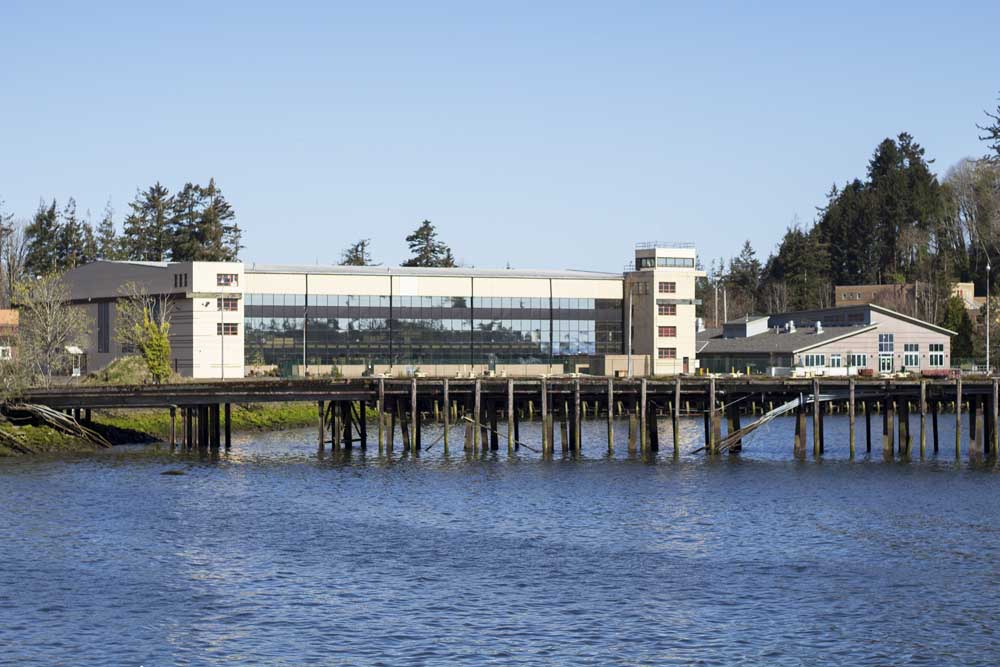The world will survive this conflagration
Published 4:00 pm Tuesday, March 4, 2003
Suppose Islam lost a great war. What would the consequences be?
Some believe it will cause terrorism, disrupt the globe’s largest reserves of oil supplies and plunge the Arab world into an age of fanaticism and darkness. But as we verge on a controversial war with Iraq, there is a surprising lesson to be learned from another great battle in history.
On May 28, 1453, two of the greatest armies in the world ended an epic 52-day battle on the border of Europe and Asia. The forces of Islam, led by Mehmed II of the Ottoman Empire, were fighting for control of Constantinople (now Istanbul). Constantinople was one of the most vital possessions of the Christian world – the gateway between Europe and Asia, Christianity and Islam.
The city rested by the Bosporus, a watery strait which was the most important artery of international trade. It connected Europe to the major trade centers of India and China. The wealth traveling this route built the economic power of the western world – a 15th Century version of today’s globalization of trade.
As the battle for Constantinople began, the Ottomans unleashed man’s newest weapon, artillery. They breached the city’s massive walls and accomplished what had been deemed impossible for over a millennium – the fall of Constantinople. There was horror and panic as the forces of Islam routed the western army. Vital trade routes were now under enemy control, and an alien army with strange beliefs threatened Europe.
Was this the end of the West? Quite the opposite. What looked like a knockout punch to Europe ended up causing great change. It forced the discovery of a new world.
Constantinople had been Europe’s intellectual center for centuries. Many inside its walls studied art and preserved history’s classical past. When the Ottomans conquered the city, these intellectuals fled to Italy. This flight from war was directly responsible for an important period in Europe’s history, the Renaissance.
All change
Classic ideas, locked inside the walls of Constantinople for centuries, broke free and spread out across Europe. Isolated city-states began to dissolve. For the first time nation states like Spain and Portugal emerged. The Renaissance brought Europe an age of light after an age of darkness.
It also changed the shape of the world.
Since Constantinople’s fall blocked overland trade to markets in Asia, the emerging nation states needed new routes to the riches of the East. The Great Age of Exploration began. Brave men such as Christopher Columbus, Vasco da Gama, and Magellan circumnavigated the globe to find new routes across vast, unknown oceans. In the process they discovered the new world.
Now we face another important battle. Hopefully it can be avoided. But in the long run, a victory for the United States and its allies may not cause havoc and a new dark age in the Arab world as many fear. As with the fall of Constantinople, it may in fact cause the opposite.
Repressive regimes create anger. Anger with little hope of change creates radicalism. Radicalism can destroy civilizations. The liberation of Iraq could break this dangerous cycle. Iraq can become the center of a Middle East Renaissance. With a new regime focused on human rights and freedom, and with the financial security of 100 billion barrels of oil beneath their desert, a new Iraq can lead the Islamic world into an age of cultural renewal, ingenuity and invention worthy of a country once the cradle of civilization.
A new era
The fall of Constantinople triggered some of the greatest changes in human history. Both sides suffered great human loses, but defeat by Islam ushered in Europe’s great age of reason and the exploration of the world. A post-Saddam Iraq might lead the Middle East to explore the brave new world of human freedom.
Nick Robertson is a junior at Lincoln High School in Portland.





